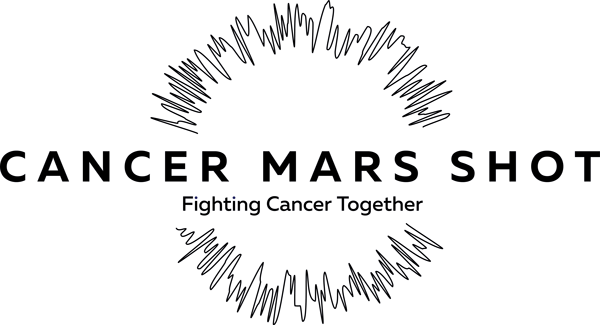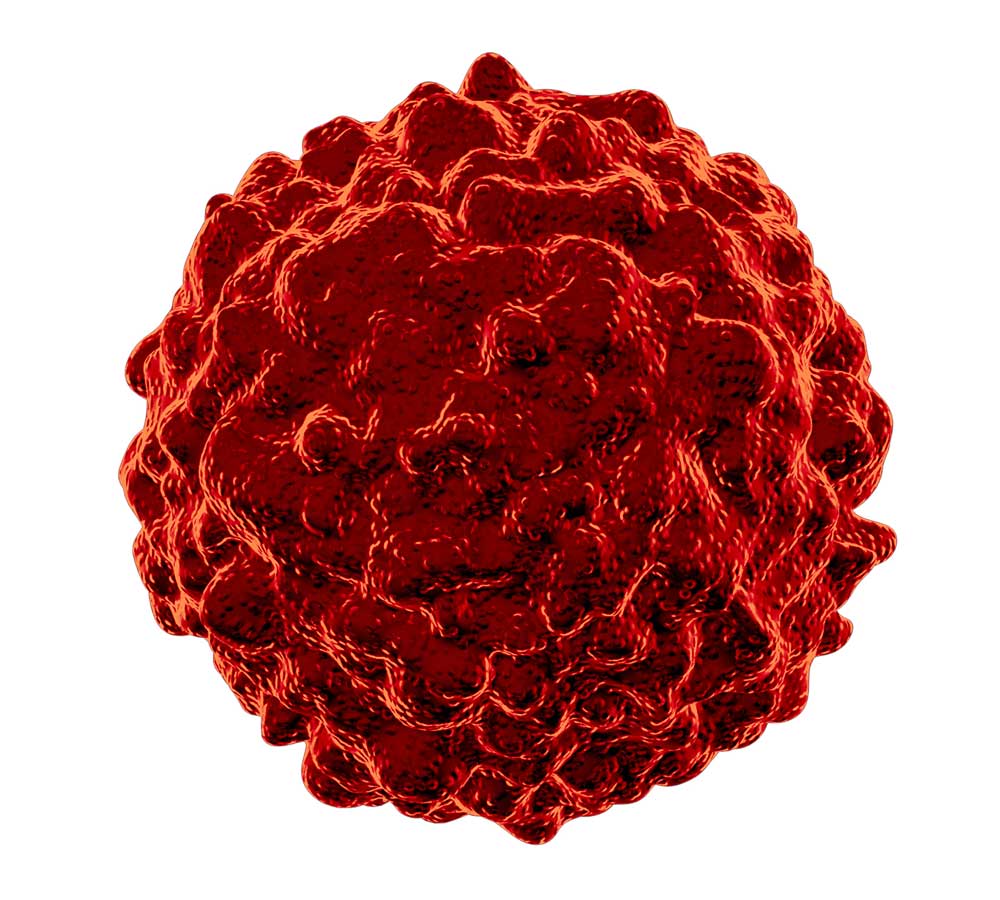
MARS SHOT Ⓡ Cancer Research
Audubon Bioscience supports Audubon Health Group in building the Mars Shot Research Network.
This network of open-minded cancer research scientists, organizations and biobanks genuinely collaborating to accelerate discoveries of new biomarkers and treatments for cancer using AI/ML tools can push the boundaries of cancer research beyond the traditional norms.
Planet Mars
Cancer cell
We highly admire governmental exploratory programs, but our team is especially inspired by the efforts of private companies to excel in the 21st century utilizing modern technologies combined with the efficient allocation of resources and start-up culture.
It turns out that there are many similarities between Space Exploration and Cancer Research.
Thus we suggest Mars Shot Ⓡ approach in cancer research.
Its three key pillars are: 1. genuine collaboration, 2. true efficiency and 3. international engagement.
We believe these pillars can allow life-saving biomedical research reach beyond the traditional norms.
With these goals in mind, our team works on expanding access to patient biospecimens for cancer researchers, improving clinical and genomic data accumulation, broadening usage of AI/ML tools for advanced analysis, and more.
As the first foundational step we are building the global and genuinely collaborative biobanking network. We aim to include biorepositories, labs and other clinical sites that collect, store, use and share biospecimens (also de-identified clinical, genomic and other related data) with relevant researchers from government, academia and industry institutions.
Among our translational medicine and collaborative projects are contributions to the government, academia, and private research institutions, including industry, non-profit and public-private partnerships.
As we pursue meaningful growth and impactful results, we are accumulating the resources and expertise to begin our own research using cutting-edge technologies, including AI (Artificial Intelligence). To this end, we have the following 7 objectives we wish to outline:
Aim 1: Decipher the tumor microenvironment (TME) subclasses and their contribution to cancer resistance mechanisms
Our goal is to further understand the different players within the tumor microenvironment and develop minimal or non-invasive tools, allowing the prediction of treatment efficacy and tumor recurrence. Our efforts are focused on using a population-based approach for the validation of plasma cell-free DNA (cfDNA) as a potential quantitative and predictive cancer biomarker.
Aim 2: Target the TME to improve immunotherapy efficiency in cancer patients
To this end, we will use a population-based approach to analyze the changes in expression of PBMC-related immune biomarkers in cancer patients undergoing tumor immunotherapy. We expect to identify the expression dynamics of immune biomarkers throughout immunotherapy progression and establish a reliable and non-invasive prediction method of immunotherapy responsiveness.
Aim 3: Develop artificial intelligence (AI) models to predict targeted therapies and immunotherapy treatment outcomes
We believe that AI has a large potential to unleash targeted therapies and immunotherapy's dormant potential. Therefore, a part of our research strategy is focused on supporting the development of AI models, trained and validated on patient collected data and real-life scenarios and outcomes. Our ultimate goal is to deliver accurate and efficient personalized predictions of a patient's response to a certain immunotherapy.
Aim 4: Identify cancer-associated genetic variants in various ethnic populations
Our goal is to create a genetic database of genetic variants associated with cancer predisposition in the Caucasian, Asian and Hispanic populations. To this end, we will collect and analyze single-nucleotide polymorphism (SNP) data from previous GenomeWide Association Studies (GWAS) and expression data (QTL database, GTEx database) to identify the most common genome alterations in cancer patients. As a second step, we plan to collect our proprietary SNP library from cancer blood samples to predict recurrence-free survival and appropriate treatment plans for cancer patients.
Aim 5: Identify somatic mutations in various ethnic cancer populations using Next Generation Sequencing (NGS) techniques
Acquired mutations, or somatic mutations, are the most common causes of cancer. Our goal is to expand knowledge base of somatic mutations specific to Caucasian, Asian and Hispanic populations, discover and validate new prognostic cancer biomarkers. By identifying such mutations and helping clinicians to progress towards targeted cancer therapy, we plan to develop new standards of care for cancer patients.
Aim 6: Educate patients and society about the importance of biobanks and how they support cutting-edge biomedical research
We understand the key role of biospecimens for the advancement of clinical research is often unclear and not well communicated to the larger public. We are fighting against this trend by raising awareness and educating society and patients of the importance of biospecimen donation.
Aim 7: Help developing countries build biobanking infrastructure and modern precision medicine research capabilities through legislation, experience, technology, and equipment
The Audubon Bioscience team contributes to improving biobanking infrastructure and modern precision medicine research capabilities in the countries where we operate. For now, these are United States, Ukraine, Turkey, Romania, Bulgaria, Hungary, Georgia, Armenia, and Nigeria.
These countries include many ethnic groups which are underrepresented in regular studies and often suffer from the lack of access to relevant cancer diagnostics and treatments. As such, we want to take a step towards improving cancer screening and treatment, especially in the case of the most effective modern cancer therapies, such as targeted therapy and immunotherapy.
We support this process by working on improving local legislations, distributing educational materials to medical staff and patients, providing training to doctors (especially pathologists), nurses and lab assistants, and by purchasing equipment (freezers and centrifuges) to ensure biosample research quality.



